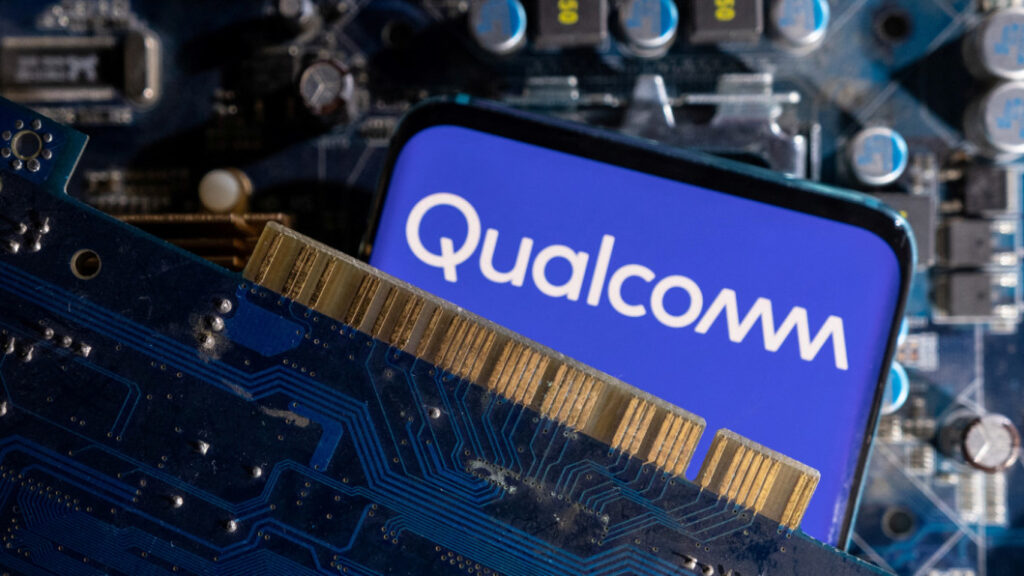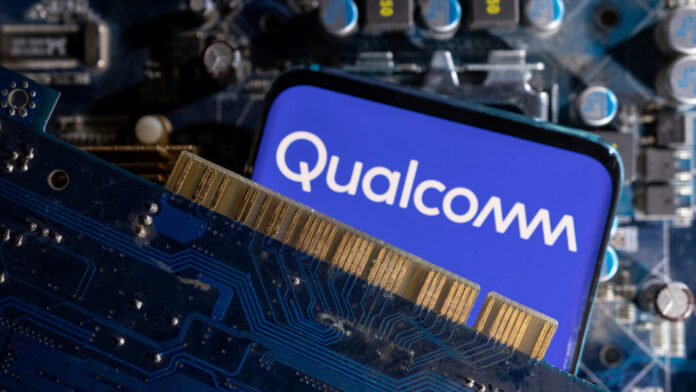Table of Contents

Introduction
In a move that has sent shockwaves through the semiconductor industry, Qualcomm has reportedly approached Intel with a proposal to acquire the company. The unexpected offer, which comes amidst a period of intense competition and market consolidation, has sparked widespread speculation and debate about the potential implications for the industry.
The Rationale Behind Qualcomm’s Offer
Qualcomm’s decision to pursue Intel is likely driven by several strategic factors:
- Market Dominance: By acquiring Intel, Qualcomm could significantly expand its market share and solidify its position as a dominant player in the semiconductor industry. Intel, once a powerhouse, has faced challenges in recent years, losing ground to rivals like AMD in the CPU market.
- Diversification: Qualcomm’s current business primarily revolves around mobile chipsets. Acquiring Intel would allow the company to diversify its portfolio and enter new markets, such as data centers and artificial intelligence.
- Synergies: Combining Qualcomm’s expertise in mobile technology with Intel’s strengths in PC and server processors could lead to significant synergies and cost savings.
Intel’s Response
Intel has not yet publicly responded to Qualcomm’s offer. However, given the company’s recent struggles, it is possible that Intel may be open to exploring the possibility of a merger or acquisition. A deal between Qualcomm and Intel would create a massive semiconductor conglomerate, potentially reshaping the industry landscape.
Industry Reactions
The news of Qualcomm’s approach to Intel has been met with mixed reactions from industry analysts and competitors. Some see the potential for a mutually beneficial deal that could drive innovation and competition. Others express concerns about the concentration of power in the semiconductor industry and the potential for antitrust issues.
Potential Challenges and Obstacles
A successful acquisition of Intel by Qualcomm would face several challenges:
- Regulatory Hurdles: Antitrust regulators in the United States, Europe, and other jurisdictions would likely scrutinize such a deal closely. There is a risk that regulators could block the merger if they determine that it would reduce competition and harm consumers.
- Cultural Differences: Qualcomm and Intel have distinct corporate cultures and operating styles. Integrating these two companies could be a complex and challenging task.
- Financial Considerations: A deal of this magnitude would require significant financial resources. Both companies would need to carefully evaluate the potential benefits and risks before proceeding.
The Future of the Semiconductor Industry
The outcome of Qualcomm’s bid for Intel could have far-reaching implications for the semiconductor industry. If the deal goes through, it could lead to increased consolidation and a more concentrated market. This could have both positive and negative consequences, such as higher prices for consumers and reduced innovation.


